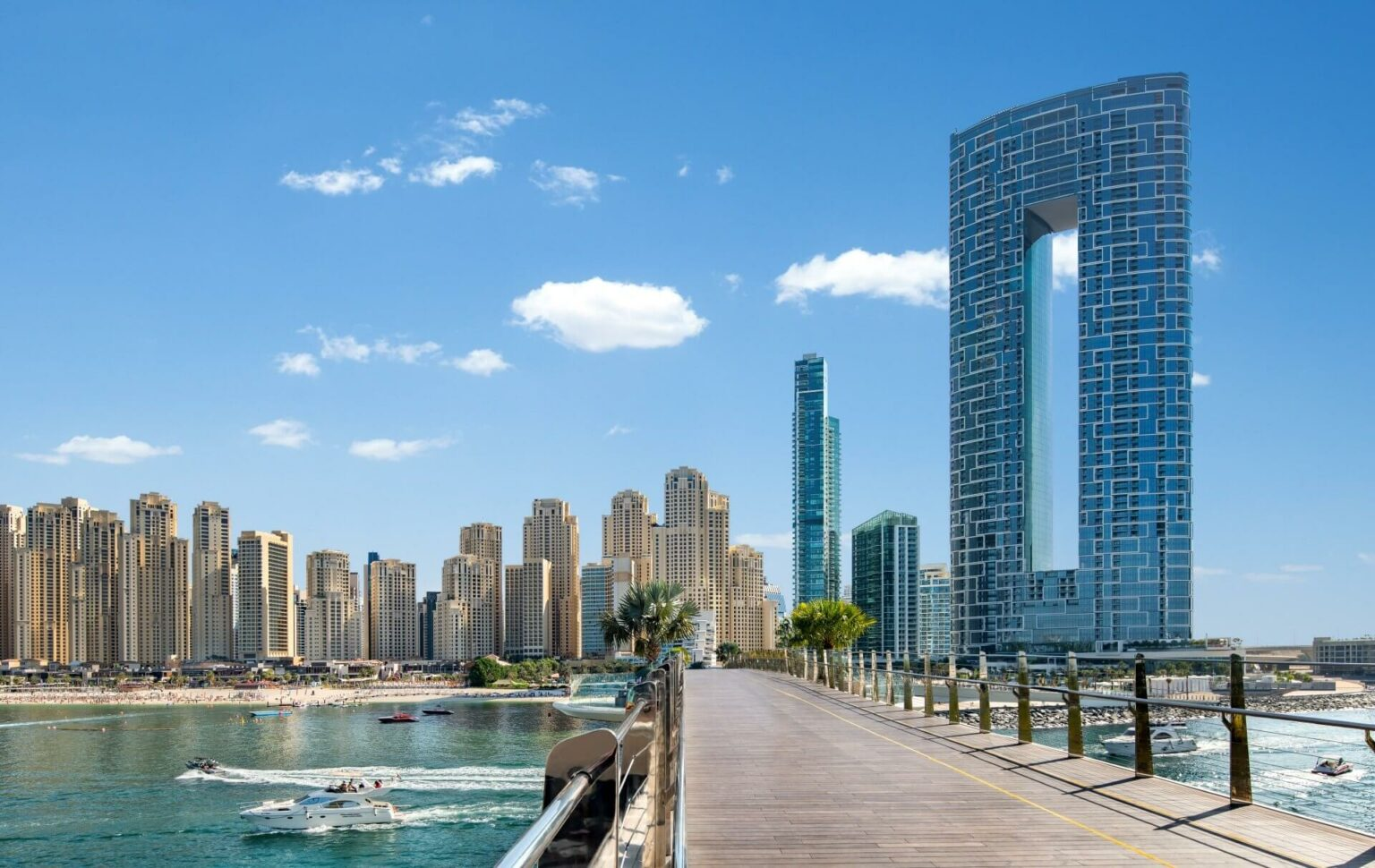How to Get a Mortgage in Dubai for Non-Residents Expats

Dubai is a global hub for business, tourism, and real estate investment, making it an attractive location for expats and international investors. As a non-resident, securing a mortgage in Dubai may seem like a complicated process, but with the right information, you can navigate it smoothly. This guide will take you through the essential steps and requirements for obtaining a mortgage in Dubai as a non-resident expat.
Can Non-Residents Get a Mortgage in Dubai
Yes, non-residents can get a mortgage in Dubai, but lenders typically have more stringent requirements compared to those for UAE residents. Here are some general eligibility criteria:
Age. Most banks in Dubai require applicants to be between the ages of 21 and 65 (sometimes 70, depending on the bank).
Proof of Income. Lenders require proof of stable income from abroad. This can be demonstrated through salary slips, tax returns, or bank statements. A typical income threshold might be a minimum of AED 15,000 per month, but this can vary depending on the bank.
Credit History. While UAE credit history is not applicable for non-residents, banks may review your international credit score. Maintaining a good credit standing in your home country is essential.
Down Payment. Non-residents are usually required to make a larger down payment compared to UAE residents. As a non-resident, you can expect to pay at least 20%-25% for the first property, with the possibility of higher down payments for second or investment properties.
Types of Mortgages Available for Non-Residents
There are several types of mortgages available in Dubai for expats.
Fixed-Rate Mortgage
A fixed-rate mortgage offers a set interest rate for a specific period, usually 3 to 5 years. This is beneficial for those who want predictable monthly payments, especially when exchange rates fluctuate.
Variable-Rate Mortgage
In a variable-rate mortgage, the interest rate fluctuates based on the Emirates Interbank Offered Rate (EIBOR). This means your payments may change depending on market conditions.
Interest-Only Mortgage
Interest-only mortgages allow you to pay just the interest for a certain period (typically up to 5 years), reducing initial costs. However, after the interest-only period, you will need to start repaying the principal as well.
Required Documents
As a non-resident, you’ll need to provide the following documents to apply for a mortgage in Dubai:
Passport copy: A valid passport copy with a clear residency visa stamp if applicable.
Proof of income: Salary slips, bank statements (6-12 months), and tax returns.
Employment details: A letter from your employer confirming your position and salary.
Proof of address: Utility bills or other documents confirming your address in your home country.
Bank statements: Recent statements from your home country showing consistent income.
Some lenders may ask for additional documents such as a credit report from your home country.
Choosing the Right Lender
Several banks in Dubai offer mortgage services for non-residents, and it’s crucial to compare options to find the best deal. Popular banks for expat mortgages include:
Emirates NBD
HSBC
Mashreq Bank
Standard Chartered
Abu Dhabi Commercial Bank (ADCB)
Each bank will have different terms, interest rates, and down payment requirements, so it’s worth exploring all options or working with a mortgage broker who specializes in helping expats.
The Mortgage Application Process
Here’s a step-by-step overview of how to apply for a mortgage as a non-resident in Dubai.
Step 1: Mortgage Pre-Approval
Before you begin searching for properties, it’s wise to obtain mortgage pre-approval. This gives you a clear understanding of how much you can borrow and demonstrates to sellers that you are a serious buyer.
Step 2: Property Selection
Once pre-approved, you can start searching for a property. Make sure that the property is freehold, as this is a requirement for non-residents to purchase. Popular areas for expats include Dubai Marina, Downtown Dubai, and Palm Jumeirah.
Step 3: Finalize the Mortgage Application
Once you’ve selected a property, submit your mortgage application with the required documents. The bank will assess your financial situation and creditworthiness before issuing the loan.
Step 4: Property Valuation
The bank will carry out a property valuation to ensure that it is priced correctly. This is a mandatory step in the mortgage process.
Step 5: Mortgage Approval
If everything is in order, the bank will issue a mortgage offer. At this stage, you’ll need to agree to the terms and sign the mortgage agreement.
Step 6: Transfer of Ownership
Once the mortgage is approved, the final step is to transfer the property ownership through the Dubai Land Department. This involves paying property registration fees and completing the legal formalities.
Key Costs Involved
In addition to the down payment and mortgage repayments, there are other costs involved in purchasing a property in Dubai:
Property Registration Fees. A 4% fee of the property value is payable to the Dubai Land Department for registration.
Real Estate Agent Fees. Real estate agents typically charge a 2% commission on the property’s purchase price.
Mortgage Processing Fees. Banks charge a mortgage processing fee, usually around 1% of the loan amount.
Property Valuation Fees. Property valuation fees can range between AED 2,500 to AED 3,500.
Annual Service Fees. Dubai properties come with annual service fees, which vary depending on the property type and location.
Tips for Expats Seeking a Mortgage in Dubai
Shop around: Different banks have different mortgage rates, so it’s essential to compare and get the best deal.
Work with a broker: A mortgage broker familiar with expat mortgages can streamline the process and help you navigate the legal and financial requirements.
Fix your budget: Be realistic about how much you can afford, including additional costs like registration fees, agent commissions, and service charges.
Understand currency risks: If your income is in a different currency, keep in mind that exchange rate fluctuations can affect your ability to make mortgage payments.
Conclusion
Getting a mortgage in Dubai as a non-resident expat is a straightforward process once you understand the eligibility requirements, documentation, and costs involved. With a wide range of mortgage options and favorable property market conditions, Dubai remains an attractive destination for property investment. By following the steps outlined in this guide, you can navigate the mortgage process and move one step closer to owning property in this dynamic city.



